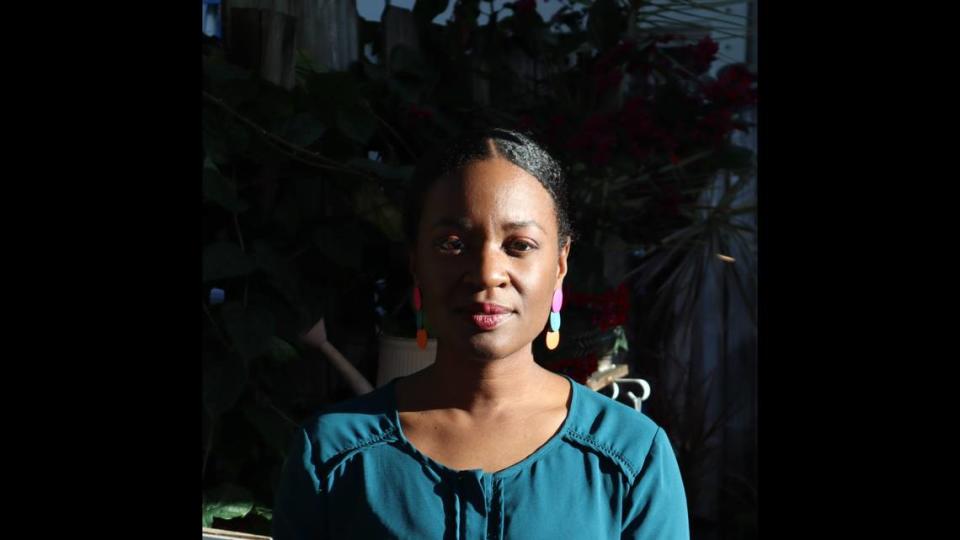‘He takes us everywhere.’ Documentary celebrates Walshy Fire’s love for Miami, Jamaica
- Oops!Something went wrong.Please try again later.
There’s an art to repping your hometown.
It takes style. It takes grace. It also takes a whole lot of love.
Ask the 305’s own Walshy Fire why he reps Miami so hard and the answer is simple:
“I didn’t even think about it,” said Walshy, one-third of the Grammy-nominated trio Major Lazer. Changing myself has “never even come up in my mind.”
A very deep-seated love for Miami is what inspired “Walshy Fire: Pull Up,” a PBS documentary that explores how the Chinese-Jamaican producer and DJ is able to captivate audiences from London to Lagos to Little Havana. The 10-minute film is an episode in PBS’ “American Masters: In The Making” digital series that follows creatives across the country. For director Alicia Edwards, Walshy Fire’s ability to bring his Jamaican heritage with him everywhere — even to the very white world that is electronic dance music —made him a perfect candidate to follow.
The documentary is available now via the PBS website (www.pbs.org/wnet/americanmasters), YouTube or your local PBS station.
“He’s on a major, major platform but there’s no part of him at all that acquiesces or assimilates,” Edwards said. “He takes us everywhere. To be the child of immigrants, it’s a very big deal to see your culture reflected on a larger scale like that.”
If you’ve ever listened to Major Lazer and heard an element of dancehall, that’s Walshy. He is the only Jamaican in the group that also includes Diplo and Ape Drums. But make no mistake: Major Lazer makes electronic music, something that Edwards says is a testament to Walshy’s ability to pay homage to Miami’s various cultures while still keeping his front and center.
“He’s able to create this incredible fusion” of music, Edwards said. “I think I’d be hard pressed to see anybody else in South Florida — and I’d go as far as to say pop music in general — that’s blending cultures the way that he is.”

What makes this documentary unique is that the audience never sees Walshy sit down for an interview. Instead, his voice serves as a narrator, guiding the viewer through his upbringing in Carol City to his discovery of dancehall to even behind the scenes footage of him making his album “Walshino.”
“You want to have something that’s conscious and meaningful but on the other side, you want people to dance and have a good time,” Walshy Fire said in the documentary. “Being able to blend both of those influences is pretty much everything we do.”
The documentary features interviews from his mother, cousin and even 103.5 The Beat’s Papa Keith, who called Walshy “a talent in its true form.” And while Walshy showed signs of being an entertainer at a young age, he can’t say whether he thought this is where his life would go.
“I don’t remember only because it’s difficult for me to say ’No’ and I’m sure no is the easy answer,” Walshy said. “But I don’t want to say no because that young Walshy was a dreamer. Big time.”
Dancehall, however, was an essential part of his upbringing. And living in Miami, Walshy had more than his fair share of exposure to it.
“In Miami, you get Jamaican culture, South, Central American culture, Caribbean culture then you get Black American culture, white American culture all mixed into this pot,” Walshy Fire said in the documentary. “Then you end up finding that you have a very unique perspective of the world.”
Through music, Walshy is able to share that “perspective” with the rest of the world. It’s something that Patricia J. Saunders, a Caribbean studies expert and professor at University of Miami, says helps people like Walshy continue connecting with their second home.
“Music was our bridge to the places we left.” Saunders said in the documentary.

